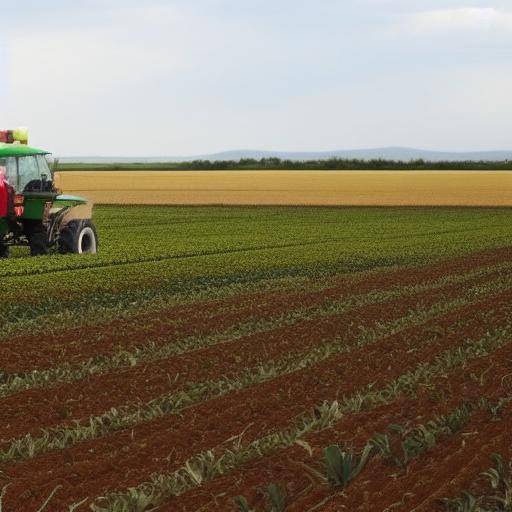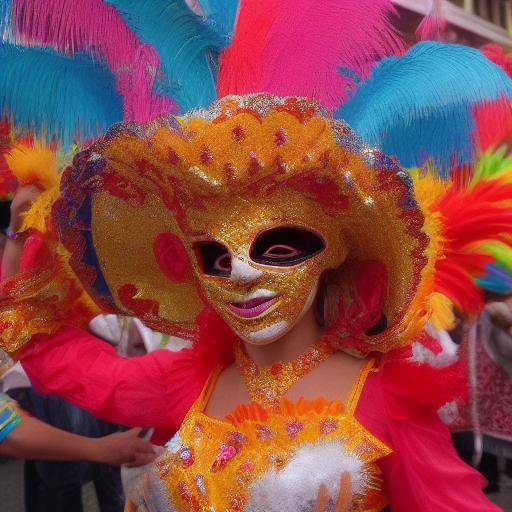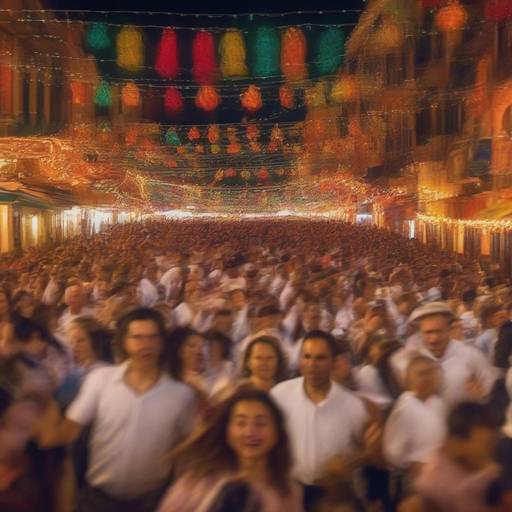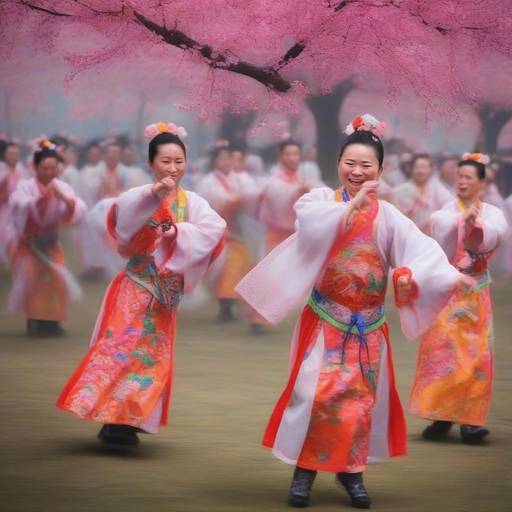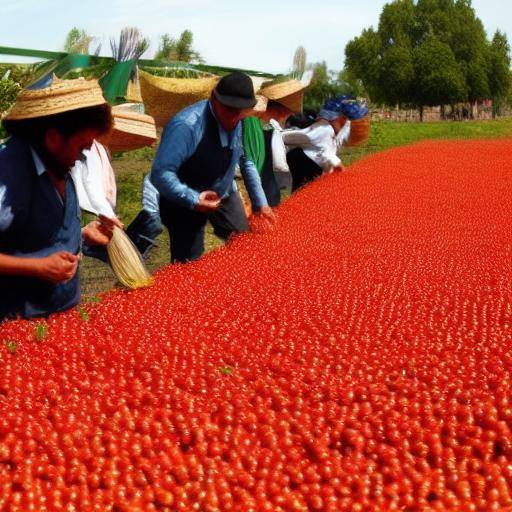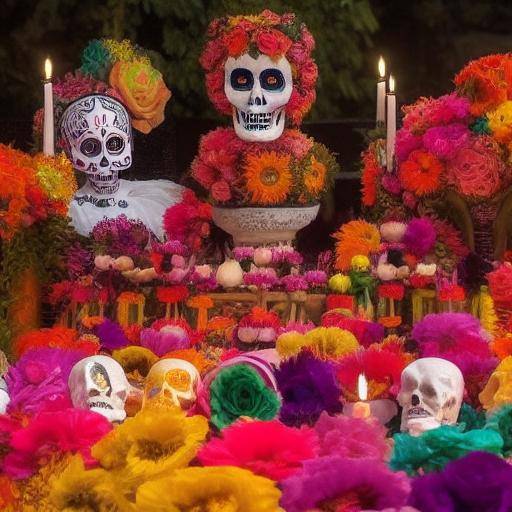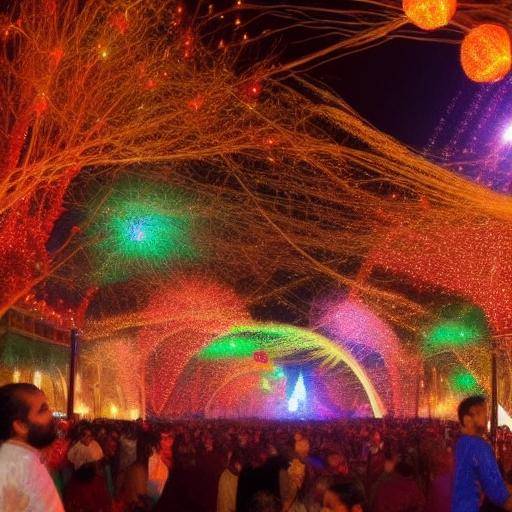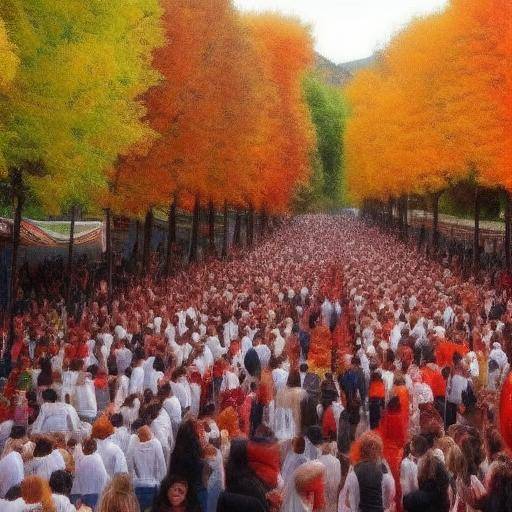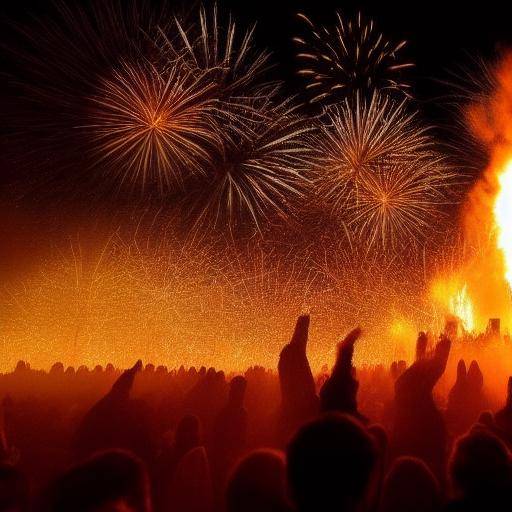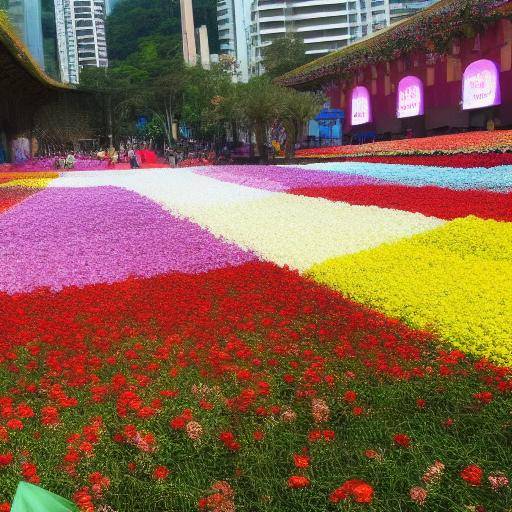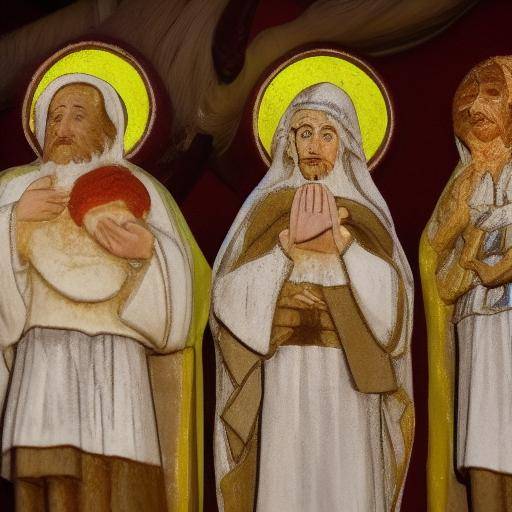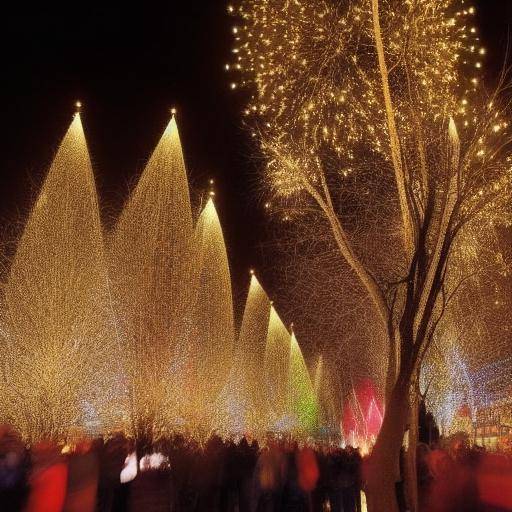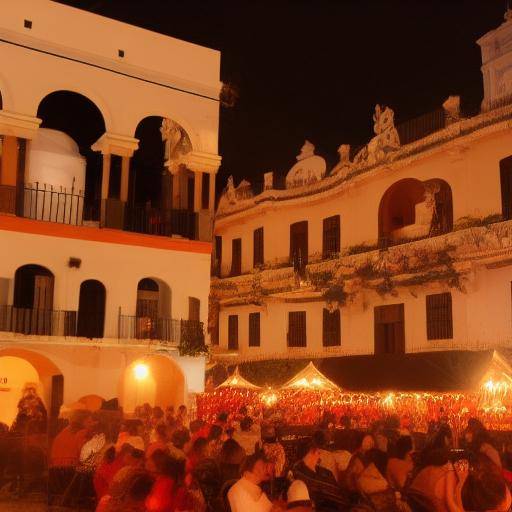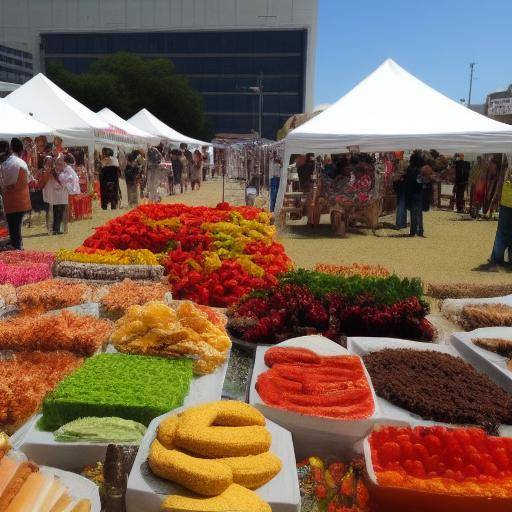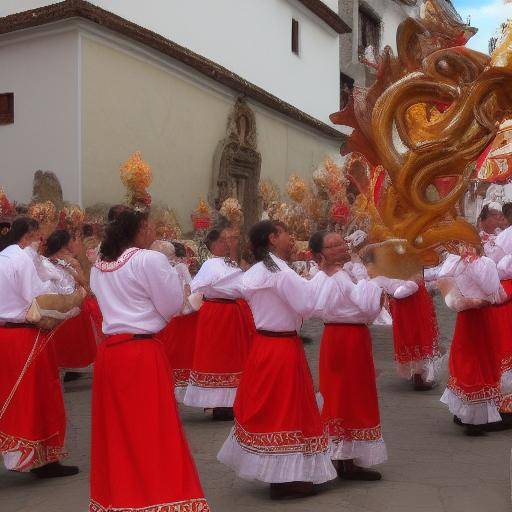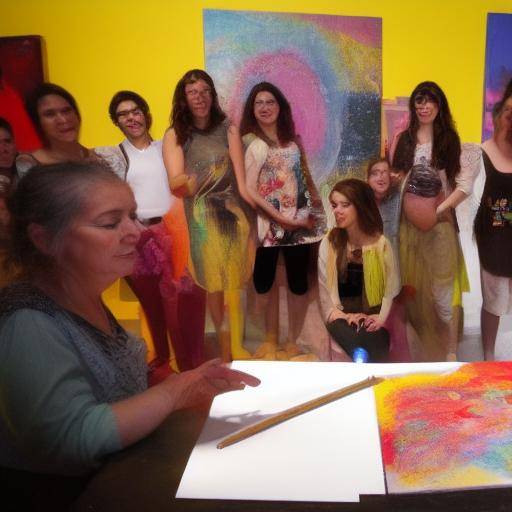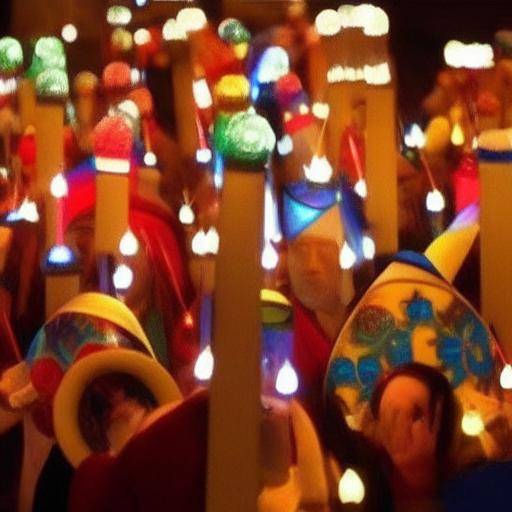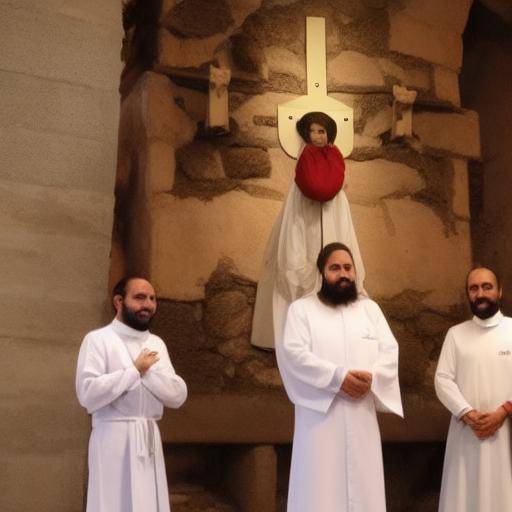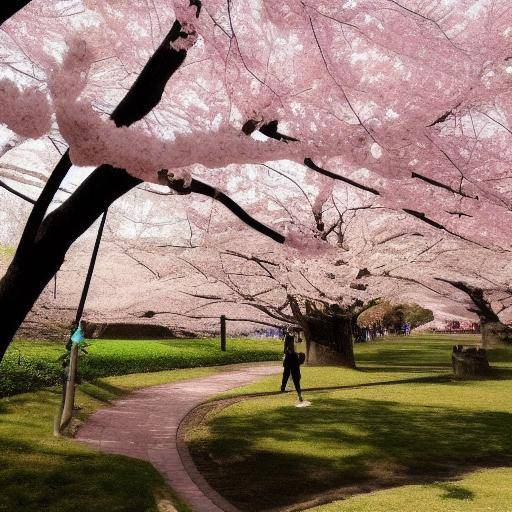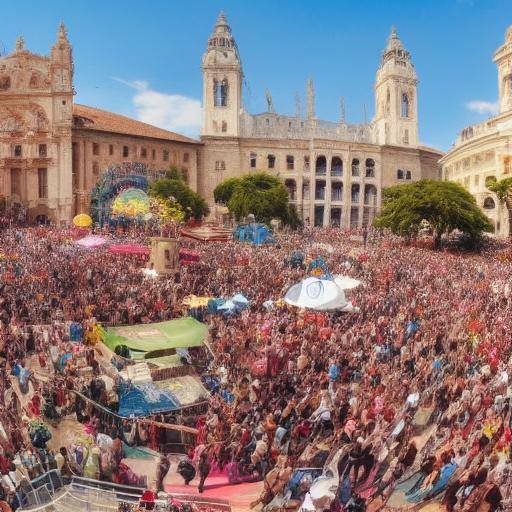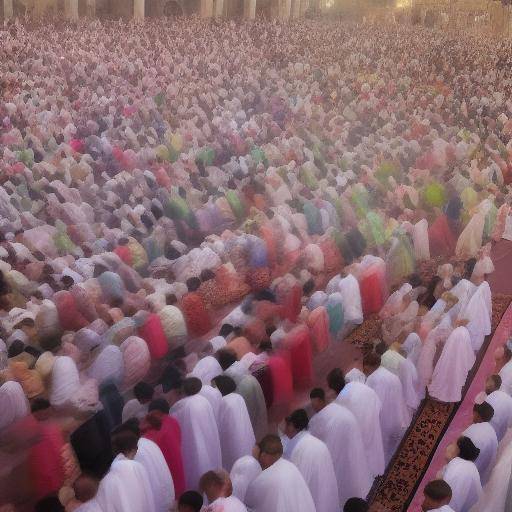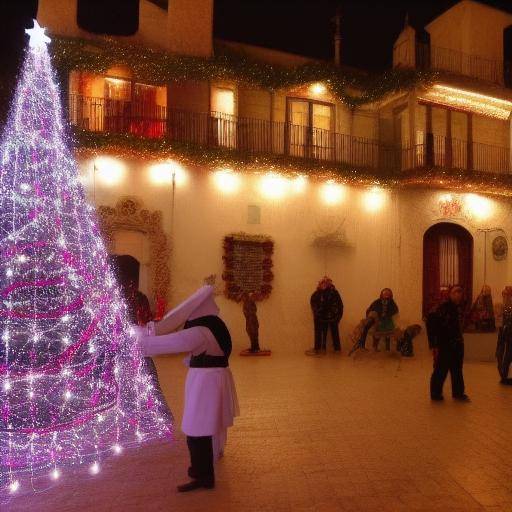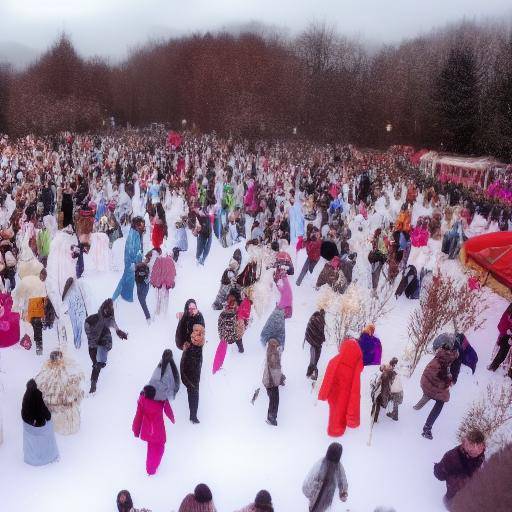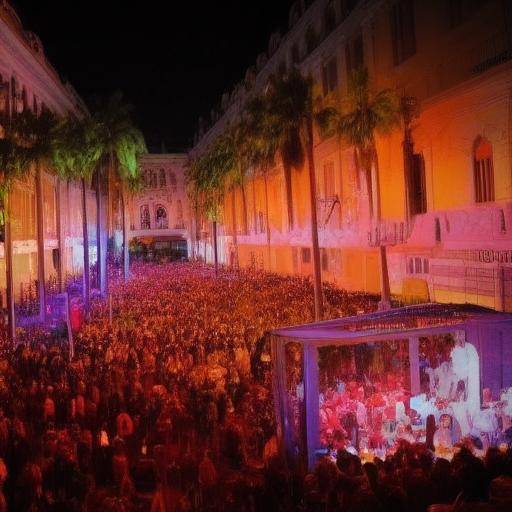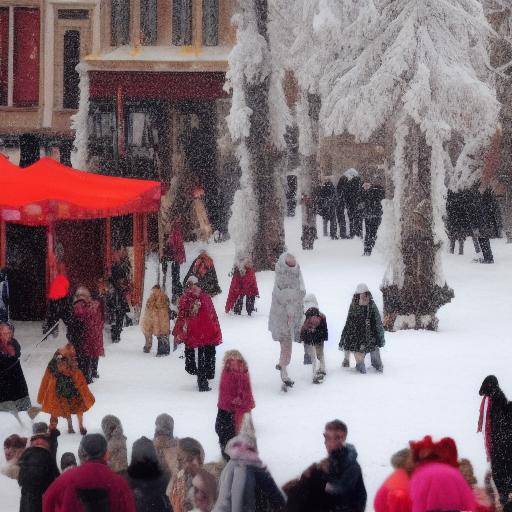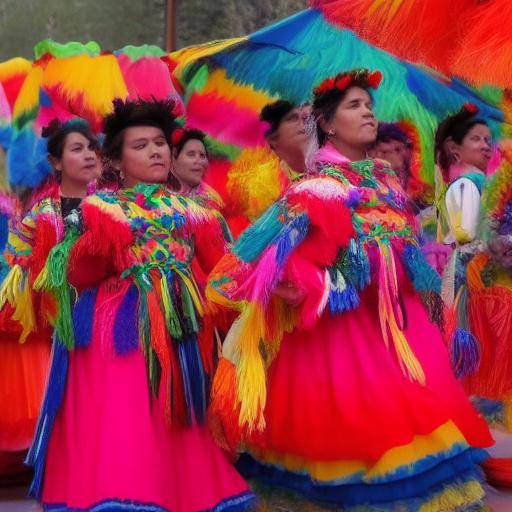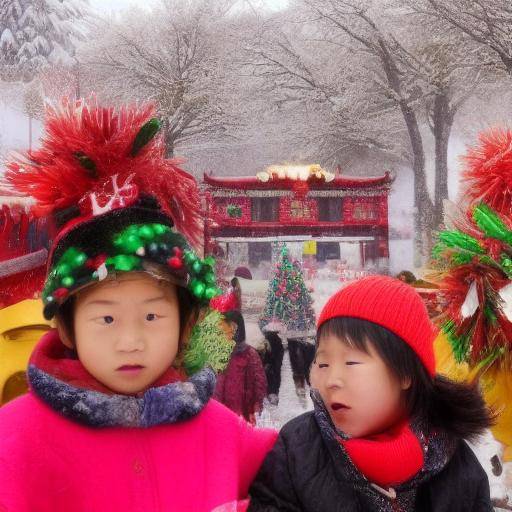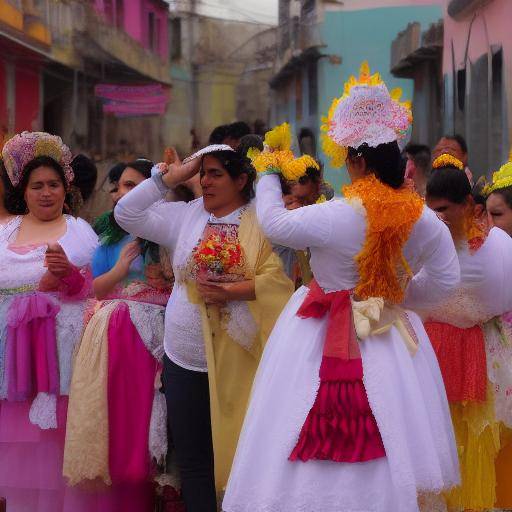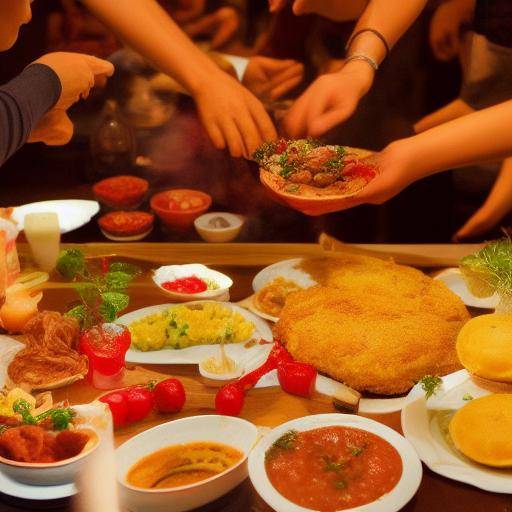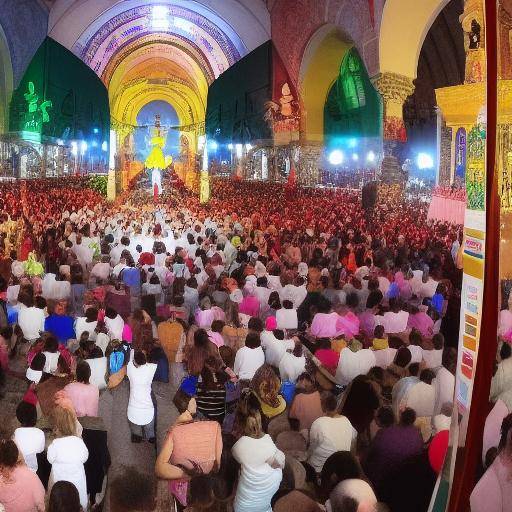
The autumn equinox is an astronomical event that marks the beginning of autumn in the northern hemisphere and the arrival of spring in the southern hemisphere. This phenomenon, full of symbolism and cultural significance, has led to various festivals and celebrations around the world. In this article, we will explore the history, traditions, festivals and celebrations associated with the autumn equinox. We will discover the cultural and spiritual wealth surrounding this event, as well as its relevance today. In addition, we will provide practical advice, expert insights, future predictions and answers to frequent questions to enrich the understanding of our readers.
Introduction
The autumn equinox, also known as Mabon in Celtic mythology and as the harvest festival in many cultures, is a moment of cosmic equilibrium in which the day and night have the same duration. This seasonal transition has been celebrated throughout the history of humanity, and its importance is reflected in the cultural and religious practices that endure until today. Throughout this article, we will explore in detail the origins, evolution and implications of the autumn equinox, as well as the festivities and celebrations surrounding it.
History and Background
The autumn equinox has ancestral roots and has been the object of veneration and celebration in many cultures over time. From ancient Mesopotamian civilizations to indigenous American cultures, the change of season has been associated with rituals, ceremonies and festivals that honor nature, fertility and harvest. In Greek mythology, the autumn equinox was related to the myth of Deméter and Persephone, symbolizing the cycle of life, death and rebirth. In Chinese tradition, this event marks the mid- fall festival, a festival that celebrates family harmony and abundance. Over the centuries, the autumn equinox has acquired multiple meanings and representations, rooting in the cultural diversity of our planet.
Analysis in Deep
The festivities and celebrations associated with the autumn equinox not only have historical and cultural value, but also have significant contemporary relevance. Today, these celebrations remain an occasion to reconnect with nature, reflect on the annual harvest and celebrate the generosity of the earth. Through the analysis of different perspectives and opinions, we will explore the importance of these celebrations for the conservation of the environment, community well-being and the sense of cultural belonging.
Comprehensive review
We will explore the practical applications of the festivities and celebrations associated with the autumn equinox, as well as the best practices and lessons we can learn from these traditions. In addition, we will compare different approaches and methods for the celebration of this event, considering both its spiritual significance and its social relevance. In this regard, we will carefully examine the benefits and challenges associated with the conservation and revitalization of these traditions in contemporary society.
Comparative analysis
We will compare and contrast the festivities and celebrations of the autumn equinox with other seasonal traditions in different cultures. In this way, we can identify similarities, differences and possible synergies between these celebrations, enriching our understanding of the transversal meaning of these events for humanity as a whole.
Practical Tips and Accessible Recommendations
We will provide concrete recommendations and practical advice for those interested in incorporating the festivities associated with the autumn equinox in their daily lives, whether at a personal, community or professional level. Est# The celebration of the autumn equinox: Festivals and Celebrations
The autumn equinox is an astronomical event that marks the beginning of autumn in the northern hemisphere and the arrival of spring in the southern hemisphere. This phenomenon, full of symbolism and cultural significance, has led to various festivals and celebrations around the world. In this article, we will explore the history, traditions, festivals and celebrations associated with the autumn equinox. We will discover the cultural and spiritual wealth surrounding this event, as well as its relevance today. In addition, we will provide practical advice, expert insights, future predictions and answers to frequent questions to enrich the understanding of our readers.
Introduction
The autumn equinox, also known as Mabon in Celtic mythology and as the harvest festival in many cultures, is a moment of cosmic equilibrium in which the day and night have the same duration. This seasonal transition has been celebrated throughout the history of humanity, and its importance is reflected in the cultural and religious practices that endure until today. Throughout this article, we will explore in detail the origins, evolution and implications of the autumn equinox, as well as the festivities and celebrations surrounding it.
History and Background
The autumn equinox has ancestral roots and has been the object of veneration and celebration in many cultures over time. From ancient Mesopotamian civilizations to indigenous American cultures, the change of season has been associated with rituals, ceremonies and festivals that honor nature, fertility and harvest. In Greek mythology, the autumn equinox was related to the myth of Deméter and Persephone, symbolizing the cycle of life, death and rebirth. In Chinese tradition, this event marks the mid- fall festival, a festival that celebrates family harmony and abundance. Over the centuries, the autumn equinox has acquired multiple meanings and representations, rooting in the cultural diversity of our planet.
Analysis in Deep
The festivities and celebrations associated with the autumn equinox not only have historical and cultural value, but also have significant contemporary relevance. Today, these celebrations remain an occasion to reconnect with nature, reflect on the annual harvest and celebrate the generosity of the earth. Through the analysis of different perspectives and opinions, we will explore the importance of these celebrations for the conservation of the environment, community well-being and the sense of cultural belonging.
Comprehensive review
We will explore the practical applications of the festivities and celebrations associated with the autumn equinox, as well as the best practices and lessons we can learn from these traditions. In addition, we will compare different approaches and methods for the celebration of this event, considering both its spiritual significance and its social relevance. In this regard, we will carefully examine the benefits and challenges associated with the conservation and revitalization of these traditions in contemporary society.
Comparative analysis
We will compare and contrast the festivities and celebrations of the autumn equinox with other seasonal traditions in different cultures. In this way, we can identify similarities, differences and possible synergies between these celebrations, enriching our understanding of the transversal meaning of these events for humanity as a whole.
Practical Tips and Accessible Recommendations
We will provide concrete recommendations and practical advice for those interested in incorporating the festivities associated with the autumn equinox in their daily lives, whether at a personal, community or professional level. These as suggestions to participate in festive events related to the autumn equinox, thus promoting the connection with nature, communion with the community and the appreciation of the cultural wealth that these celebrations offer.
Industry Perspectives and Expert Reviews
Through interviews with experts in anthropology, mythology, astrology and ecology, we will address the contemporary implications of the autumn equinox and its relevance in sociocultural and environmental fields. The opinions and forecasts of specialists in these areas will provide a deeper understanding of the continuing importance of these festivities in modern society.
Case Studies and Practical Applications
We will examine practical cases that illustrate how diverse communities and companies incorporate the traditions of autumn equinox into their cultural and business practices, highlighting the benefits and lessons learned from these experiences.
Future Trends and Predictions
We will explore emerging trends related to the festivities of the autumn equinox and offer predictions based on current data and expert opinions. We will analyze the opportunities and challenges that these seasonal traditions can face in the future, both in terms of cultural preservation and contemporary relevance.
Conclusions
In short, the autumn equinox and related celebrations represent a rich cultural heritage that transcends borders and unites people in their appreciation for nature and life. As we explore the various facets of these festivities, it is clear that their lasting importance in the modern era, acting as a reminder of the intrinsic relationship between humanity and the cycle of nature.
Frequently asked questions
What is the spiritual meaning of the autumn equinox?
Autumn equinox has various spiritual meanings in different cultures, but commonly represents the balance between light and darkness, as well as the celebration of abundance and harvest.
How is autumn equinox celebrated in different parts of the world?
Autumn equinox celebrations vary according to cultural traditions, but often include rituals of thanksgiving, banquets, dances, religious ceremonies and links to nature.
What festivals are associated with the autumn equinox?
Some festivals related to the autumn equinox include the Mabon Celta, the harvest festival in various agricultural cultures and the Chuseok in Korea, among others.
How can I participate or incorporate the celebrations of the autumn equinox in my life?
The forms of participation may include attendance at local festivals, decoration with elements related to harvest, preparation of traditional meals and the practice of thanksgiving rituals.
What is the ecological importance of the autumn equinox?
The autumn equinox highlights the importance of respecting and caring for nature, as well as reflecting on our role as environmental guardians and sustainability promoters.
What are the future predictions for the autumn equinox celebrations?
Future predictions suggest greater appreciation of these festivities as forms of connection with nature, as well as a rebirth of ancestral practices in contemporary society.
With this, we hope to have elucidated in an enriching way the fascinating and significant celebration of the autumn equinox, its associated festivals and the traditions that last until today. Its cultural and natural importance reminds us of the depth of our bonds with the Earth, as well as the wealth that ancient traditions bring to our daily lives.

